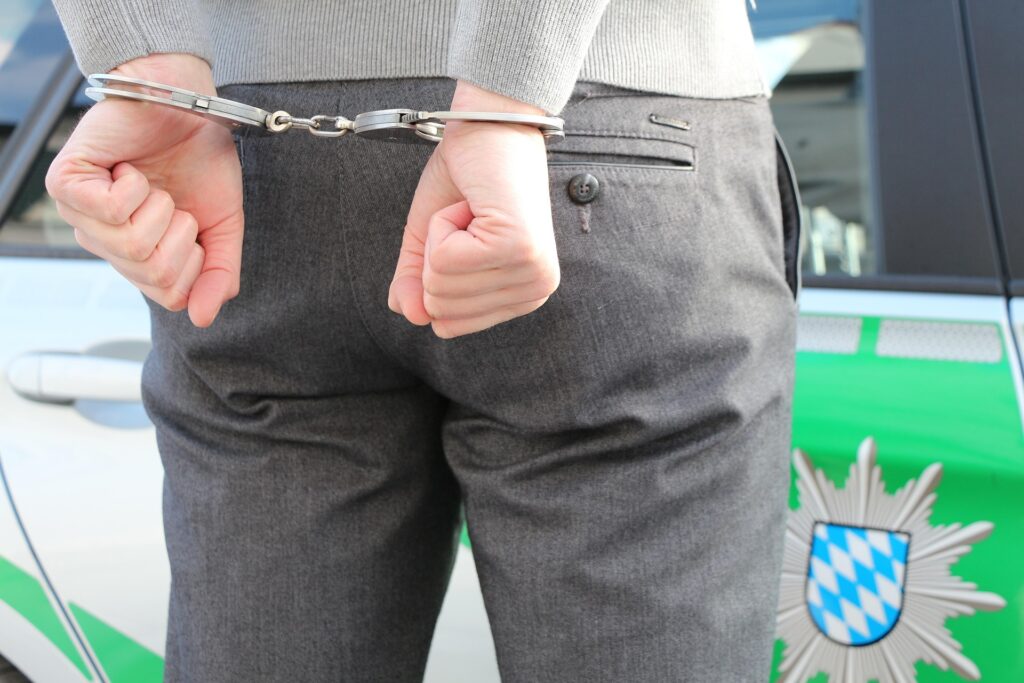Court Marriage After Police Protection
In a perfect world, love would be enough. Two people fall in love, decide to spend their lives together, and everyone around them cheers them on. But real life isn’t always that simple—especially in a society where tradition, community pressures, or family expectations can sometimes stand in the way of two consenting adults choosing their path.

For many couples in India, court marriage becomes not just a legal formality, but a lifeline. And in certain cases, when safety becomes a concern, seeking police protection before or during the process becomes absolutely necessary.
Why Couples Seek Police Protection
Love across caste, religion, or social background still faces strong resistance in many parts of the country. Some couples fear backlash from their families or communities, and in extreme cases, threats to their lives. Police protection is a constitutional right in such cases—it’s there to ensure safety, peace of mind, and most importantly, to uphold the freedom to choose one’s life partner.
The Journey: From Protection to Marriage
So, what does the journey typically look like when a couple decides to marry with police protection in place?
1. Filing for Protection
The first step often involves submitting a written request or affidavit to the local police station or Superintendent of Police (SP), outlining the nature of the threat and seeking protection. It helps to include ID proofs, age proofs, and any supporting documents (like a live-in relationship agreement or an intent-to-marry declaration).
2. Approaching the Court
In some cases, couples also move the High Court to request police protection, especially if the local authorities don’t respond promptly or if the threat is serious. Courts generally act in favor of adult couples exercising their right to marry.
3. Court Marriage Process
Once protection is granted or requested, couples can proceed with the Special Marriage Act, 1954. This includes:
- Giving a 30-day notice to the Marriage Registrar.
- Providing valid ID and age proof.
- Presenting witnesses on the day of marriage.
During this time, police may accompany or monitor the couple discreetly to ensure their safety.
4. After Marriage
Once the marriage is solemnized and a certificate is issued, it is legally binding and recognized throughout India. Some couples still prefer to keep their whereabouts private for a while, especially if threats from family or community persist.
It’s About More Than Law—It’s About Courage
Every couple who chooses to marry in the face of opposition is making a brave, deeply personal choice. Police protection is not just a shield—it’s a recognition by the state that your love and your rights matter. It’s a reminder that the law stands with you, even if the world around you doesn’t.
Final Thoughts
If you or someone you know is considering court marriage and fears for their safety, know that you are not alone, and you are protected under the Constitution. Love is not a crime. Choosing your partner freely is your fundamental right.
Stay strong. Stay safe. And remember—when love is true, it deserves every protection in the world.